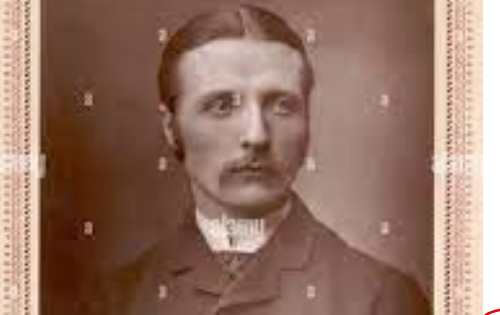
Roger Ascham (1515-1568) and his famous works
Roger Ascham (1515-68) was a distinguished scholar in Latin and classical languages. Ascham was born in Yorkshire and entered Cambridge University at the age of fourteen. He completed his bachelor’s degree at the age of eighteen and was soon thereafter made a fellow of the university. He was the tutor and later her secretary. Catholic Queen Mary gave him a prominent administrative post to the surprise of all. Queen Mary could recognize the potential of his personality and offered him the position as a recognition of his merit. Later, when Elizabeth became the Queen, he became her secretary. In 1538, he was made a Greek reader at St. John’s College, Cambridge, and later in 1546, he was made public orator of the Cambridge University.
His famous work Toxophilus, published in 1545, is a treatise on the art of shooting with the longbow. It is accepted that dwelling upon the function of physical exercise is beneficial. He prescribes practice with the bow as an essential and beneficial national exercise. Though he advocates classical discipline in English prose, his language, paradoxically enough, is more native than classical. It focuses mainly on English sport and imparts the lesson that practice, physical work, and sheer repetition are more useful in certain arts than mere theory. This essay, written in straightforward English free of the pretentious language of other academics, won the favor of King Henry VIII, who granted Ascham a pension of ten pounds a year.
His other famous work, The Schoolmaster, was published in 1570. It was a well-known treatise on the teaching of Latin. It is worth noting here that in the last phase of the Pre-Elizabethan Age, there was a Cambridge School of Criticism, of which Roger Ascham, Sir John Cheke, and Thomas Wilson were the leaders, who aimed to criticise the over-elaboration of style. They opposed “inkhorn” terms and the aureate phraseology of the 15th century, and were anxious that English should be written in a pure form. He regrets the lapse of the English poets into bad and uncouth rhyming and champions the disciplined style of classical masters. Roger Ascham began with the avowed intention to write English matters in the English manner, for Englishmen had proved false to his objective by advocating the classical “Versing” in English, which was reluctant to employ. But that is no reason why we should denounce him for the glory of writing the first literary criticism of English, for it is he who paves the way for George Gascoigne’s (1539- 77) specific notes of instructions commonly regarded as the first piece of pure literary criticism.
Also read: Thomas Love Peacock and his famous Works





